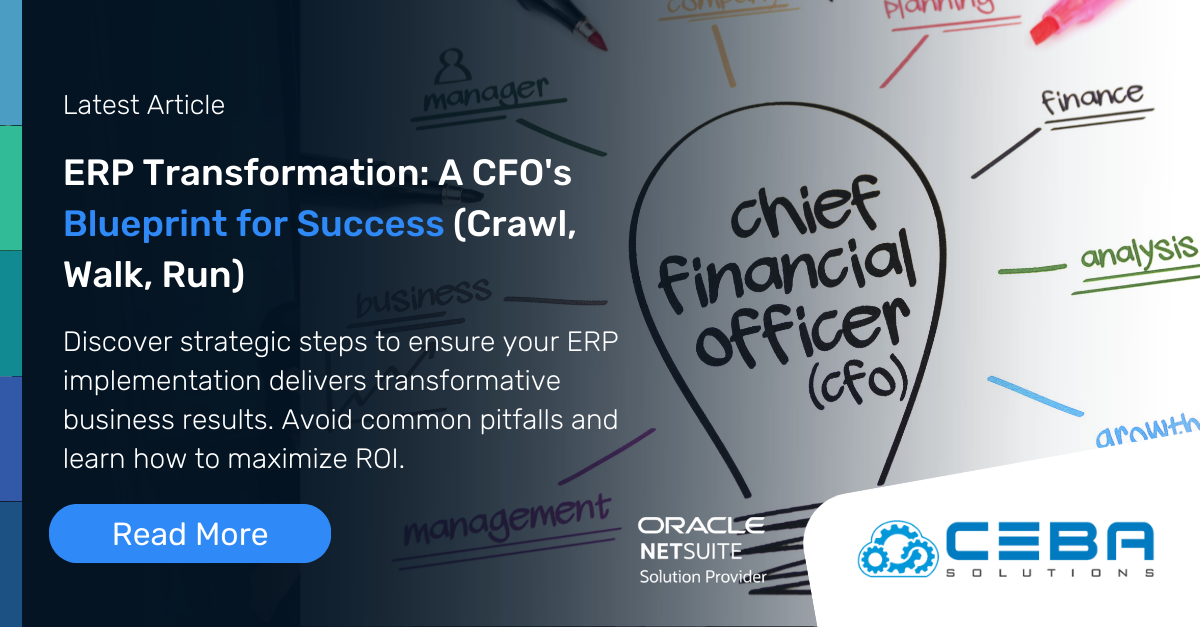The Definition of Financial Management System (FMS)
.png)
Nearly 40% of small businesses attribute their failure within the first five years to poor financial management. This alarming statistic emphasizes the critical importance of implementing a robust Financial Management System (FMS) in achieving and maintaining long-term business success. An FMS is a comprehensive tool that businesses use to manage their financial operations, including planning, organizing, auditing, accounting for, and controlling their financial resources. By diving into the definition, components, and benefits of an FMS, this article aims to provide readers with a clear understanding of its significance in steering companies toward fiscal health and sustainability.
Defining “Financial Management System (FMS)”
An FMS is essentially the software and processes that an organization uses to manage its income, expenses, and assets with the objective of maximizing profits and ensuring sustainability. Central to an FMS is its ability to provide timely and accurate financial information, which is crucial for making informed decisions. This system encompasses various functions, such as budgeting, accounting, revenue tracking, and financial reporting, all designed to enhance the efficiency and effectiveness of financial management within an organization.
Core Components of an FMS
To ensure a business thrives and navigates the complexities of the financial world with precision, a robust Financial Management System (FMS) integrates several core components. Each plays a pivotal role in maintaining fiscal health and supporting strategic decisions. Understanding these components and the practical impacts of their effective management is crucial for any organization aiming for success.
"Implementing a robust Financial Management System is vital for small businesses aiming for long-term success. It enhances financial operations, supports strategic decisions, and is crucial in maintaining fiscal health and sustainability." - Zabe Siddique, CEO - CEBA Solutions
Financial Planning and Analysis (FP&A)
FP&A is the strategic heart of the FMS, focusing on forecasting future financial results and managing budgets to meet organizational goals. It involves analyzing historical data, predicting future scenarios, and planning financial strategies that align with the company's objectives.
Effective FP&A ensures that a business can anticipate market changes, adjust its strategies accordingly, and allocate resources efficiently. Companies that excel in FP&A are better positioned to seize growth opportunities, respond to unforeseen challenges, and maintain their competitive edge. They achieve a balance between their long-term vision and short-term operational needs, optimizing financial performance and sustainability.
Accounting
This component is responsible for the accurate recording, reporting, and analysis of financial transactions. Accounting encompasses the preparation of financial statements, management of accounts receivable and payable, and maintenance of general ledgers.
Precision in accounting practices ensures compliance with regulatory standards and provides a transparent view of the company's financial health. A solid accounting system supports strategic decision-making by offering reliable, detailed insights into the financial operations of the business. It builds trust among stakeholders, including investors, creditors, and regulatory bodies, by demonstrating fiscal responsibility and integrity.
Treasury Management
Treasury management oversees the organization's liquidity, investments, and financial risk management related to its cash flow. It ensures there are enough funds available to meet the company's operational needs, invest in growth opportunities, and safeguard against financial instability.
Effective treasury management boosts a company's operational efficiency by optimizing its cash reserves and reducing the cost of capital. It ensures that businesses can fulfill their financial obligations on time, take advantage of investment opportunities, and mitigate risks related to currency fluctuations, interest rates, and other financial uncertainties. This stability is crucial for long-term planning and growth.
"FP&A, accounting, and treasury management form the foundation of a strong Financial Management System, enabling businesses to navigate market changes, optimize resources, and secure long-term growth and sustainability." - Zabe Siddique, CEO - CEBA Solutions
Financial Risk Management
Risk management involves identifying, assessing, and prioritizing risks followed by coordinated efforts to minimize, monitor, and control the probability or impact of unfortunate events. It includes financial risks such as credit risk, market risk, and liquidity risk.
A proactive approach to risk management enables businesses to identify potential threats early and devise strategies to avoid or mitigate them. It protects the company's assets, earnings, and reputation by reducing the likelihood of financial crises. Companies with robust risk management are more resilient, adaptable, and capable of sustaining growth despite the uncertainties in the financial markets.
Financial Compliance
Compliance ensures that the organization adheres to external laws, regulations, and standards, as well as internal policies and procedures. It involves regular audits, reporting, and updates to financial practices to meet regulatory requirements.
Maintaining compliance safeguards the company from legal penalties, financial losses, and reputational damage. It ensures ethical operations and builds trust among stakeholders. Effective compliance practices also provide a framework for sound financial management, fostering a culture of accountability and transparency within the organization.
By integrating these core components effectively, an FMS not only supports a company’s day-to-day financial operations but also lays the groundwork for strategic growth and long-term success. The practical impacts of getting these components right are profound, enabling businesses to navigate financial challenges, seize opportunities, and maintain a robust standing in the market.
The Benefits of Implementing an FMS
Implementing an FMS brings numerous benefits to an organization. It improves financial visibility, allowing leaders to understand their current financial state and make data-driven decisions. This system enhances efficiency by automating routine tasks, reducing errors, and freeing up staff to focus on more strategic activities . An FMS also supports better risk management by providing tools to identify and address potential financial threats proactively. According to a study by the Aberdeen Group, companies with an FMS in place achieve a 23% improvement in financial reporting accuracy and a 20% reduction in financial close time.
The Strategic Value of an FMS
In summary, a Financial Management System is indispensable for businesses seeking to maintain financial health, achieve growth, and navigate the complexities of today's economic environment. By providing a framework for managing financial operations efficiently and effectively, an FMS is a key driver of financial stability and success. Businesses that recognize and leverage the power of an FMS are well-equipped to face financial challenges and seize opportunities for prosperity.









